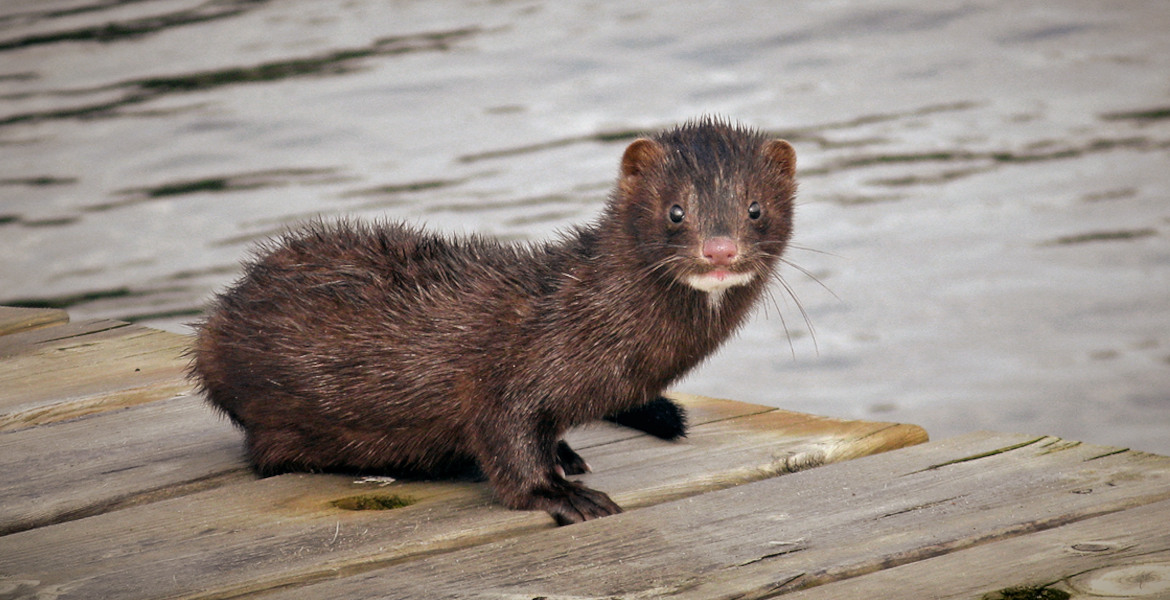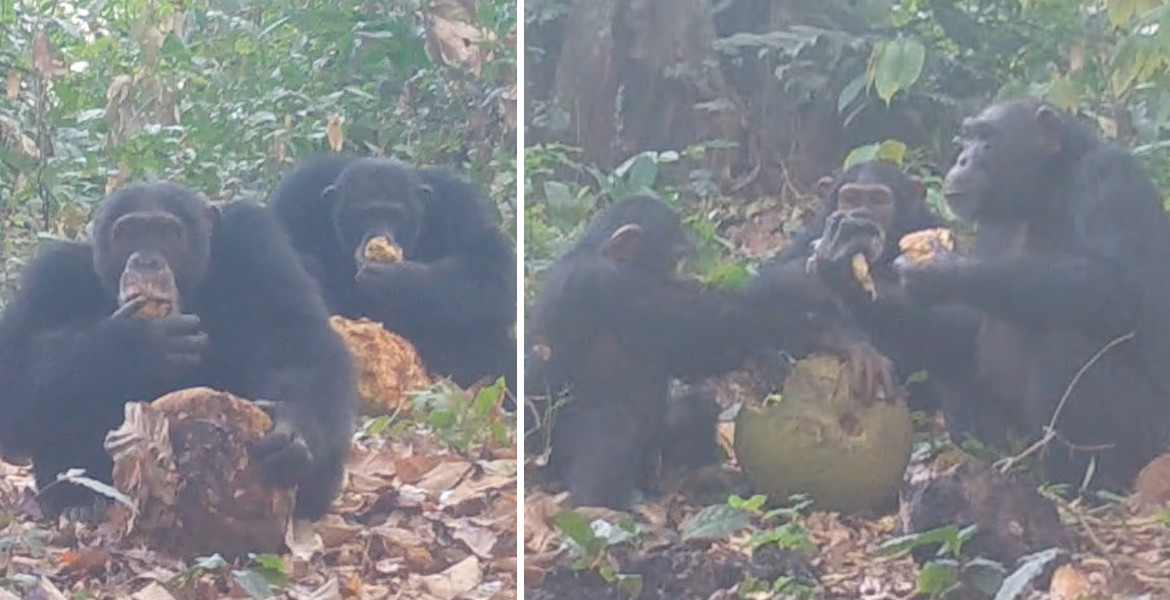Parents’ income and education levels, rather than where children live, determine their relationship with nature, according to a new study from Lund University. The findings challenge previous beliefs that growing up in a rural area automatically leads to a closer relationship with nature.
In the study, published in the British Ecological Society, children from 14 schools in Skåne, southern Sweden, spent three weeks feeding and counting birds in their schoolyards. The schools were located in urban and rural areas in Lund, Malmö and Helsingborg. The researchers measured the children’s species knowledge, well-being and connection to nature before and after the bird-feeding. The results were then linked to data on education and income levels in the area, the proximity of the children’s homes to nature, the children’s activities in nature, and whether they lived in an urban or rural area. The researchers found that children’s relationship with nature was not primarily based on whether they grew up in a rural or urban area, but rather on socioeconomic factors.
– For example, children in areas with more educated people generally had better knowledge of species, which in turn was linked to a more positive view of wildlife. Higher income was also associated with children participating in more nature activities, which also leads to a better relationship with nature, and this was true regardless of whether the children lived in the center of Malmö or in the countryside in the middle of Skåne, says Johan Kjellberg Jensen, researcher at the Center for Environmental and Climate Science (CEC) at Lund University, in a press release.
“Higher well-being”
It was also found that children who lived closer to nature generally had a higher sense of well-being than children who lived in urban environments.
– It seems that children use natural areas in different ways, but that this does not affect their attitude towards nature in general. We have also seen that children who have more nature close to home report higher self-perceived well-being, says Kjellberg Jensen.
Bird feeding was found to increase the children’s knowledge of species, but not their well-being or relationship with nature. However, bird-feeding was most beneficial for children living in urban environments compared to children living closer to nature.








